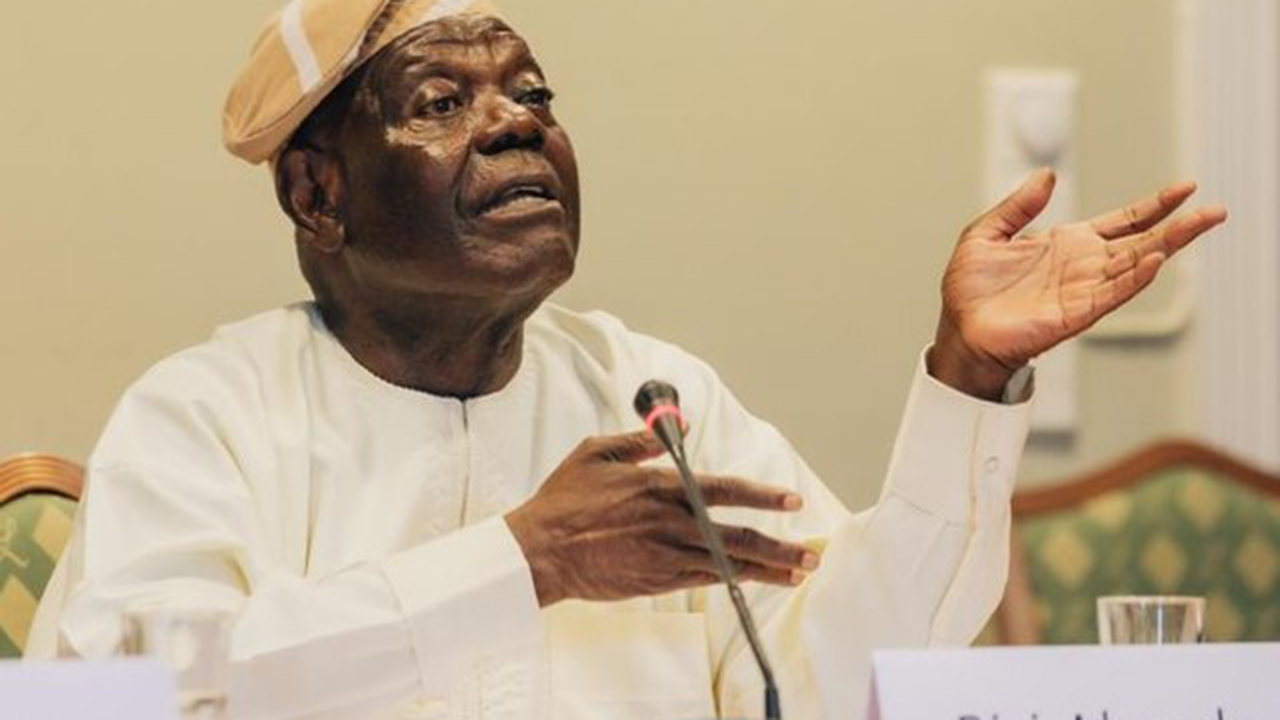Nigeria has slipped further in the global ranking of countries protecting their public health policies from tobacco industry influence, according to the 2025 Nigeria Tobacco Industry Interference (TII) Index released yesterday, in Lagos.
Consequently, Corporate Accountability and Public Participation Africa (CAPPA) urged the Nigerian government to view tobacco control not only as a health priority but also as a matter of governance and democracy.
The report, produced by CAPPA, shows that Nigeria’s score worsened from 60 in 2023 to 62 this year, indicating a growing influence of tobacco corporations in policymaking. Out of 100 countries assessed globally, Nigeria ranks 54th.
The findings, covering April 2023 to March 2025, form part of the global civil society-led initiative grounded in Article 5.3 of the World Health Organisation Framework Convention on Tobacco Control (WHO-FCTC), which warns that the interests of the tobacco industry and public health are irreconcilable.
In his opening remarks, CAPPA’s Executive Director, Akinbode Oluwafemi, stated that the Index revealed how the tobacco industry continues to exploit the weak enforcement of Nigeria’s tobacco control laws to disguise itself as a partner in national development.
“Despite operating a business of addiction, disease and death, tobacco companies continue to gain access – strategically and persistently – into Nigeria’s policy spaces,” he said. “This year’s score of 62 confirms that industry interference remains a systemic threat to our public health architecture.”
Oluwafemi noted that the industry’s so-called Corporate Social Responsibility (CSR) initiatives, such as borehole donations, scholarships and reforestation drives, were used to mask interference and buy legitimacy.
While acknowledging progress in some areas, Oluwafemi pointed to the $110 million fine by the Federal Competition and Consumer Protection Commission’s (FCCPC) against British American Tobacco Nigeria (BATN) in 2023 and the National Film and Video Censors Board (NFVCB)’s ban on the glamorisation of smoking in Nollywood as major wins, he lamented inconsistent policies, including the suspension of tobacco excise taxes in 2023, which reversed earlier gains and weakened Nigeria’s alignment with WHO and Economic Community of West African Stayea (ECOWAS) tax standards.






